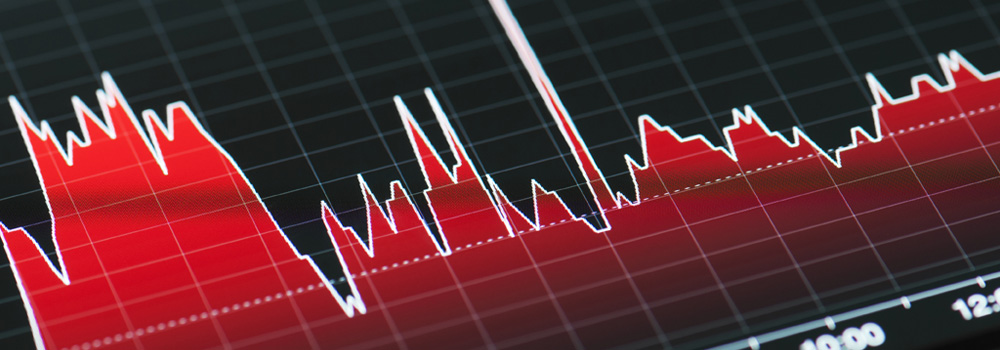HL SELECT UK GROWTH SHARES
Companies we avoid
Managers' thoughts

HL SELECT UK GROWTH SHARES
Managers' thoughts

Charlie Huggins (CFA) - Fund Manager
14 November 2016
We try to avoid companies that have little or no control over their own destiny. These businesses tend to share certain hallmarks.
The biggest red flag for us is too much debt. More than anything else, it’s debt that determines which companies will survive and which will go bankrupt in a crisis. The more exposed to the economic cycle a business is, the less we like to see it using debt to fund itself.
Profit margins really matter to us too. We tend to view them as a verdict, by customers, on the value they see in a company’s products or services. A low margin can be a sign that little value is being added and there is little competitive strength in the business.
If a company has low margins, it can only generate limited amounts of cash for each pound of revenue it earns. The worst combination of all is a low margin, allied to a need for high levels of capital investment. Combine that with debt and the stock is best examined from behind a blast screen.
We focus a lot on cash flow, and tend to avoid companies with weak cash generation. Businesses that struggle to generate cash are at the mercy of lenders, especially in a downturn; and have limited opportunity to reinvest, pay dividends or buy back shares. They are also more likely to employ aggressive accounting techniques, in our experience.
Deteriorating cash flow can be one of the first warning signs that a business is heading for trouble, so we look carefully at the trend, not just the current figures. Weakening cash generation accompanied by a large acquisition can be an especially large red flag.
We try to avoid companies that are price takers rather than price makers. Most metal bashers, airlines, and commodity-related industries would fall into that category. Combine this with an over-reliance on a few major customers and you are entering Russian roulette territory.
We don’t mind paying a fair price for quality. But when the valuation goes too far it can become a risk. We always try to seek a margin of safety in the valuation. If a share’s P/E is well above its historical average, and we can’t see a good reason why, we will tend to wait for a better time to buy.
More about HL Select UK Shares
Please read the Key Investor Information Document before you invest.

Important information: Investments can go down in value as well as up, so you might get back less than you invest. If you are unsure of the suitability of any investment for your circumstances please contact us for advice. Once held in a SIPP money is not usually accessible until age 55 (rising to 57 in 2028).
The maximum you can invest into an ISA in this tax year 2025/2026 is £20,000. Tax rules can change and the value of any benefits depends on individual circumstances.
Invest in an ISAYou can place a deal online now or top up an existing account first, using your debit card.